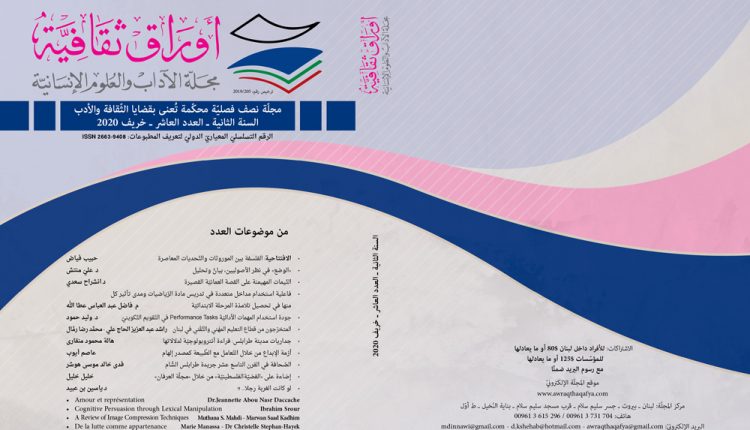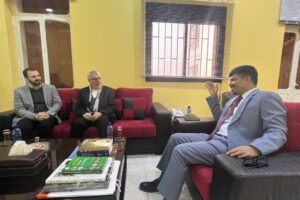The Quality of Using Performance Tasks in the Formative Assessment of Distance Education amid the Coronavirus Pandemic
- Posted by USAL
- Date July 6, 2021

+ Researcher: Dr. Walid Hammoud, Dean of Faculty of Education at the University of Sciences and Arts in Lebanon (USAL) w.hamoud@usal.edu.lb
*Faculty of Education, the University of Sciences and Arts in Lebanon (USAL), Ghobeiri, Beirut – Lebanon.
The study aimed at examining the quality of the instructor’s usage of Performance Tasks by using the Performance Assessment strategy in the formative assessment over the period of distance education amid the Coronavirus pandemic, in the Faculty of Education at USAL. The study included 35 samples of performance missions in 35 academic courses for all Bachelor’s students at the faculty. The researcher used content analysis to assess the quality of constructing tasks and the tools for assessing them, via priori coding. The categories of analysis are identified upon the performance assessment literature, while taking into account making categories mutually exclusive by using Holsti’s formula to make sure the analysis tool is stable.
Results of this study displayed a high use of embedded products in constructing the performance tasks, most of which focus on presenting a clear description of the task, which would be related to the expected product. Relatively, there has noticeably been a decline in clarifying the procedures of the achievement. Results revealed high levels of desired strategies as part of the expected outcomes of the masterly construction of the task, in addition to a noticeable decline in providing the pillar related to providing the basic data that helps make the achievement. Most of the tasks included Pre-Specified Quality Criteria, whose details include clear levels of performance.
The study recommended the importance of empowering the instructors regarding the strategies and standards of constructing Performance Tasks. This happens by pre-training them or while in service, or also providing them with work models, and the necessity of providing resources and data in the form of instructions, statements, sources, references, or additional documents that help students fulfill their required tasks. Additionally, the ways of displaying their works’ outcomes, focusing on the students’ participation in discussing the tasks and tools of their assessment in the course of boosting their involvement, listing outcomes and displayed competencies in the form of instructions, and the procedures of the achievement in the form of transparent and announced standards and indexes, all are matters that are taken into account.
Next post




